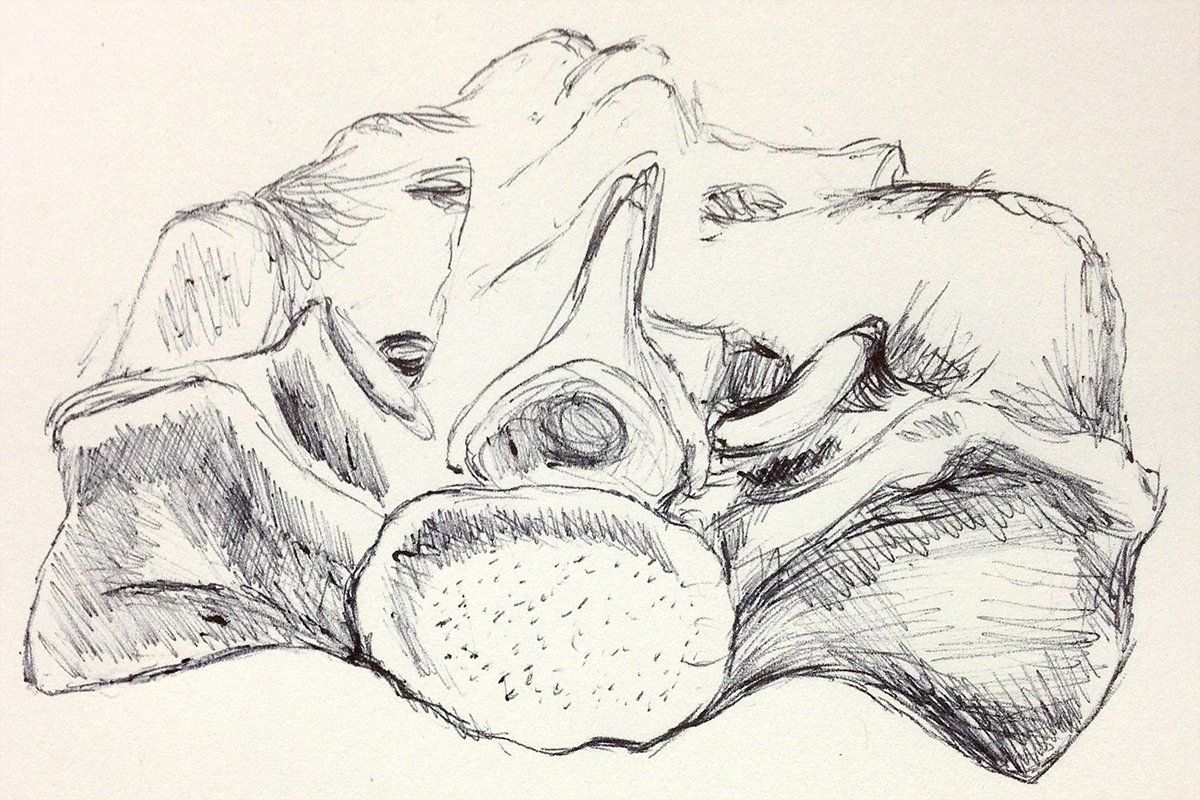7. Intersubjectivity

In this post, I discuss perspectives, and explain what I have come to understand about intersubjectivity.
One way of approaching the Phenomenosphere is to think again about the perspective we take towards the phenomena at hand; and by “perspective”, we can go back to that word’s etymological roots for a definition that likens it to a lens through which we look.
In western epistemologies, we tend to start with objective perspectives: third-person and impartial; and compare them with subjective perspectives: first- or second-person and partial. With the former, there is some authoritative and external ontological account of the way the world is; with the latter, there are limited and biased descriptions of the way that individual people (I - first person; or You - second person) perceive only aspects of what is real: we have to set aside our pre-conceptions and use reason and experiment to hypothesise and demonstrate what is really real.
Is there a mid-point between objective and subjective perspectives? I don’t believe that we can consider them binary opposites, nor at either end of a spectrum. Instead, “objectivity” and “subjectivity” are epistemological constructs, and their meaning is bestowed only within the context of the onto-epistemological framework which owns their usage. In the west, we most often encounter the perspectival concepts of objectivity and subjectivity within discourses that seek to establish ownership of “facts” or “truth” about the world. Generally speaking, objectivity is a good thing and subjectivity is fickle, flawed and fallible.
Does “intersubjectivity” take us to the mid-point between objectivity and subjectivity? I don’t believe it does. The idea of the intersubjective perspective may seem to get us out of the objective-subjective bind, but it is not as simple as that. Intersubjectivity is a useful concept, because it can be used to indicate that we are not buying into the black/white dichotomy of objectivity/subjectivity, nor the graded continuum of objectivity—subjectivity. Instead, the concept of an intersubjective viewpoint is one that necessarily suggests that facts are phenomena with contexts (embedded within “fields of sense”, as Markus Gabriel proposes.
In my next post...
I will discuss Gadamer’s metaphor that illuminates the idea of intersubjectivity: the fusion of horizons.
You might also like...




